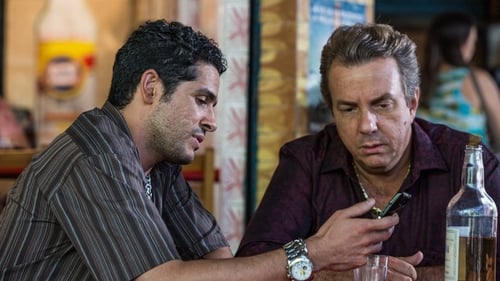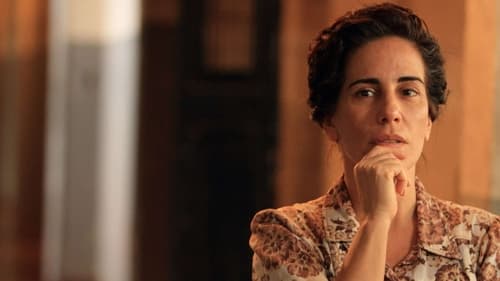
Screenplay
Under the masks and fantasies of another day in Rio's suburbs, the intense reality of families and neighbors living in a neighborhood under the domain of the expansive militia is hidden.

Director
Under the masks and fantasies of another day in Rio's suburbs, the intense reality of families and neighbors living in a neighborhood under the domain of the expansive militia is hidden.

Producer
Rio Branco, Acre, an Amazon city near the border with Peru and Bolivia, has been suffering the violent impacts of recent changes in trafficking routes, which have arrived with violence in the Brazilian Amazon. In this scenario, the lives of three young childhood friends intertwine and ultimately, they find themselves in a common tragedy.

Director
Zuzu Zero, the Angry Eagle from the Agunia team. The story of this emblematic persona is mixed with one of the most traditional parades from the suburbs of Rio de Janeiro: The Agunia do Sapê.

Director of Photography
A record on Brazilian samba school Estação Primeira de Mangueira's victory on the 2016 carnaval parade. Mangueira's parade that year was a homage to singer Maria Bethânia. The documentary also follows Bethânia on the celebrations of Our Lady of Purification, in Bahia, northeast of Brazil.

Camera Operator

Director

Director
The Mangueira slum is the scenario where Tantinho and the old samba composers remember stories about the slums and samba.

First Assistant Camera
After being released from prison, Dr. Nise da Silveira is back at work in a psychiatric hospital on the outskirts of Rio de Janeiro where she refuses to employ the new and violent electroshock in the treatment of schizophrenics. Ridiculed by doctors, she is forced to take on the abandoned Sector for Occupational Therapy, where she would start a revolution through paintings, animals and love.

Cinematography
Maracanã was built for the first World Cup in Brazil in 1950. Initially, it had a democratic space called General. The record analyzes the recent works in the stadium and shows classic fans.

Director

Director
The film tells the story of the largest organized crowd in Brazil, the Red Black Race, from its foundation in 1977 until 2009, whose trajectory coincides with the greatest glories of the Clube de Regatas Flamengo.

Producer
Socialism in Cuba by the eyes of four generations of Cubans.

Camera Operator
José Henrique Fonseca crafts an ambitious and long overdue homage to a central icon in Brazil’s 20th century history. Reminiscent of film noir classics, the biopic tells the glorious and tragic story of the legendary football striker Heleno de Freitas. The sumptuous black and white cinematography reflects the chic life of Rio de Janeiro in the 1940s as it fell under the spell of sports royalty. Heleno was no doubt one of the most popular players of his time for his bravura in the field and magnificent goal-scoring that lead the Botafogo team to the top and himself into a vicious downward spiral.

Assistant Camera
A woman lost in a mall parking lot tries desperately to find her way out. As she wanders aimlessly between parked cars, she struggles to maintain her sanity and resolve a decaying relationship via her cell phone, discovering the hard way how much she may have contributed to being the victim of her own labyrinth.

Second Assistant Camera
"The Dead Girl's Feast" narrates the story of Santinho, a young man who has been exalted to the position of a saint in a remote riverine community of the upper Amazonas state, after performing a “miracle” upon the suicide of his own mother. The film seeks to be an intimate picture of the ones who are involved in this sect and of the infinite human capacity of “fabricating” faith and seeking for some sense in the horrifying experience of death.











